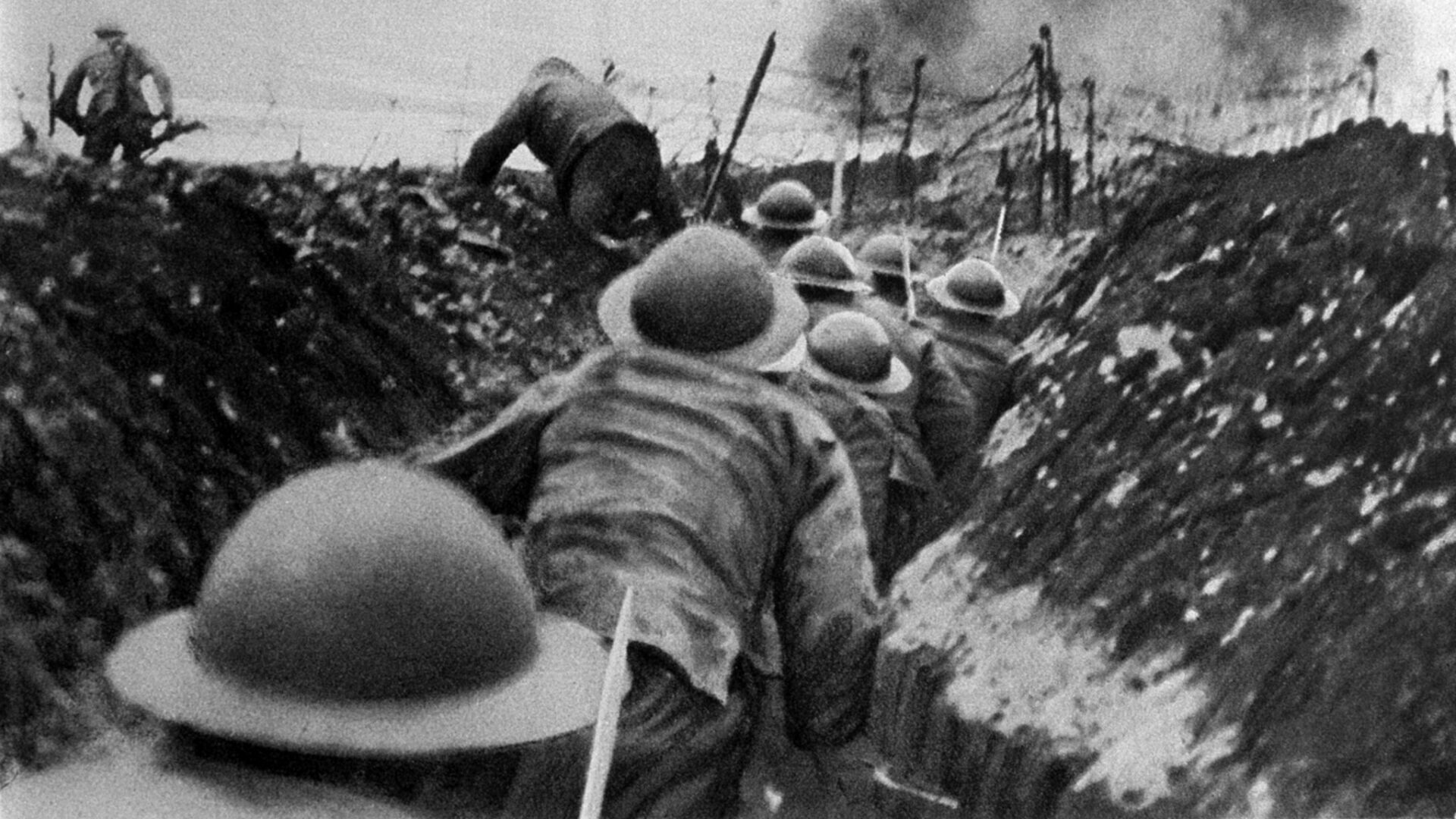All these investigations in the various sciences tended to undermine the older Aristotelian concept of a thing’s being “perfect.” Instead of perfect circles, post-Copernican astronomy posited ellipses; instead of bodies moving of themselves, Newton pictured bodies responding to forces acting upon them.
All these investigations, in short, suggested a law of uniformity that simplified, explained, and coordinated many separate laws into one general law. Galileo almost made this step but got into trouble with the church. It was Newton who finally drew everything together in the grand mechanical concept that has been called the Newtonian world-machine.
The new science had obvious theological and philosophical implications. Natural science of itself does not deal with theology and philosophy; yet the rise of modern science was associated with a system of values for which the best name is probably rationalism. This is a broad term. It is possible to be both a rationalist and a believer in a supernatural God, like Thomas Aquinas and other medieval Schoolmen.
In the early modern West, however, rationalism tended to banish God from the universe, or to reduce him to a First Cause that started the world- machine going but then did not interfere with its operation. The new mechanistic interpretation of the universe regarded God not as the incomprehensible Creator and Judge but as the architect of a world-machine whose operations men and women could grasp if only they could apply their reason properly.
The rationalism and materialism engendered by the scientific revolution found a spokesman in Rene Descartes. When he was a young man, as his Discourse of Method (1637) relates, he resolved to mistrust all authorities, theological or intellectual. His skepticism swept everything aside, until he concluded that there was only one fact that he could not doubt: his own existence. Thee must be reality in the self that was engaged in the process of thinking and thus of doubting: “Cogito ergo sum” (“I think, therefore I am”). Building from this one fact, Descartes reconstructed the world until he arrived at God—a supreme geometer whose mathematical orderliness foreshadowed the great engineer of the Newtonian world-machine.
But where Newton would proceed inductively, at least in part, by relying on the data of scientific observations and experiments, Descartes proceeded deductively, ultimately deriving the universe and God from his initial formulation. The world that Descartes reconstructed proved to be two separate worlds—that of mind and soul, on the one hand, and that of body and matter, on the other; this was Cartesian dualism. He claimed competence to deal in detail only with the material world; yet the way in which he dealt with it intimated that it was the only world that counted—witness his boast that, if given matter and space, he could construct the universe himself.
The scientific revolution of the sixteenth and seventeenth centuries was a decisive turning point in history. It was not the first such “revolution,” but it was the one by which science in the twentieth century is still governed. Perhaps more than all other changes of the long duree, it defined the shift to what we recognize as “modern.”
To be sure, rationalism had not pervaded daily life by the seventeenth century, nor had it lessened the hardships for the villager or peasant. But the drama inherent in the life of a scientist such as Galileo, a scientist who was not prepared to reject almost any possibility without testing it, marked the conflict between two great powers—science and religion. (Not until 1992 would the Church revers- its condemnation of Galileo.)
The revolution in science went far beyond any philosopher’s or scientist’s specific theories, for science became a reco6 ‘zably separate body of knowledge, displacing theology und classical philosophy as the guiding spirit of the age. Both the Platonists and the theologians had argued that change came from within; the new science maintained that change came from without. If scientific mechanics could lead to a clearer understanding of the material world in which men and women lived, so might a closer study of social mechanics lead to the kinds of changes that would actively improve that material world.
A new view of history began to emerge. Religion was not cast aside so much as subordinated to a different sociology of knowledge. Newton’s concept of the world as a machine was tempered by his own belief that he machine depended on a nonmechanical principle, on a God. The planetary system was, he wrote, “the effect of nothing else than the Wisdom and Skill of a powerful ever living Agent.” This Agent could “make Worlds of several sorts in several Parts of the Universe”, earth and humanity’s activities on it were no longer the center of all existence.
Thus, the changing concept of matter, and of the relationship of God and man to matter, intensified the sense of particularity, fragmentation, and individuality in human affairs that had sprung from the Protestant Reformation, while assuring those who thought about the origins of human existence that there was still an all-powerful unifying principle in the universe.

